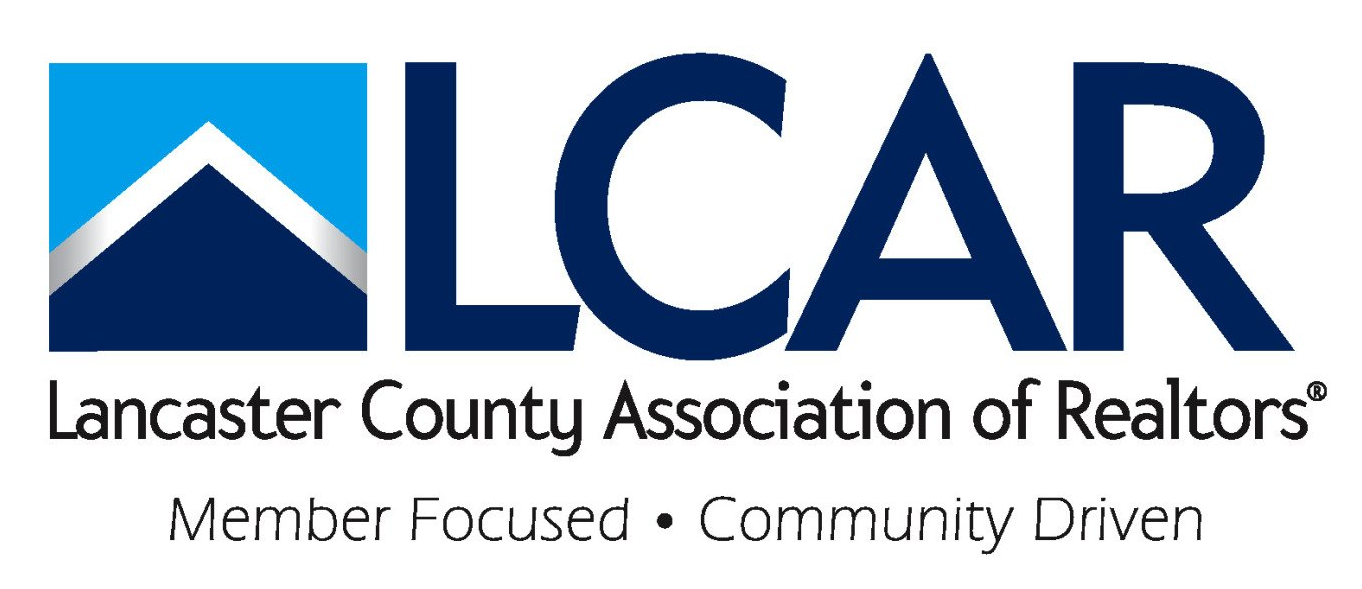Sewer Line Inspections
A home’s sewer line is something that homeowners never think about, yet a blockage can spell disaster. Your sewer line is a lateral sewer pipe (often 4 inch PVC or cast iron) that connects your home’s plumbing fixture drains (such as toilets, bathtubs, sinks and showers) to either your public sewer system or onsite septic system. In most cases, it relies only on gravity, so it should have a slight downward pitch away from your home. In some cases an underground ejector pump in your yard helps the sewage reach the sewer system in the street.
The older the home, the greater the possibility is of hidden damage or blockage to this underground pipe. Tree roots love to grow into sewer pipes which can lead to partial or complete pipe blockage. It would be rare that a homeowner would ever have an inkling that tree roots were partially blocking their sewer line until they notice that the home’s sinks, toilets and bathtubs all begin to exhibit slow draining. A slow drain at a single fixture often indicates a partial clog at a specific sink or bathtub. Seeing an area of bright green grass in your yard when the rest of your lawn is burnt out is a sign of sewer line damage.
Sewer pipes are an out-of-sight and out-of-mind thing for homeowners. Luckily most licensed plumbers and septic professionals can inspect your sewer line to determine its condition. In many cases, sewer pipe damage or blockage can be quite expensive to repair since it often entails excavating your yard to access and replace the sewer pipe.
As part of my inspections, I always recommend that my clients consider having their home’s sewer line scoped/inspected before closing, especially if the sewer line is cast iron or clay as these materials were used in older sewer lines. Cast iron was still often used into the 1970s in some areas, while most homes built after that have only PVC sewer lines underground. In some cases you may only see PVC drain pipe inside your home, yet cast iron may still exist underground.
Even if there are no trees presently in your yard, it doesn’t mean there may not still be underground roots hidden from view. These hidden tree roots can still damage a sewer line long after a tree has been cut down. The plumber can access the sewer line’s interior via a drain cleanout within the home or even a vent stack on the roof. The sewer scope, as it’s often called, has a camera in it allowing the plumber to snake the camera through the underground sewer line and determine if there are blockages between the home and where the pipe connects to the city or township’s sewer line or septic tank. A sensor exists on the scope allowing the plumber to pinpoint the blockage location above ground where it’s visible via the scope’s camera.
Yes, I recommend this type of inspection be done with septic systems, too. Quite often a septic inspection only includes the tank and drain field and not the lateral drain pipe. What you don’t know about your underground sewer pipe can hurt you in terms of an expensive repair. In some cases a blocked sewer pipe can also allow a backup into your home, and stored items and appliances in your basement could get damaged by water and sewage . . . not something you ever want to come home to.
The inspection of underground plumbing (including your sewer drain line) is well outside the scope of a home inspection as defined by the Standard of Practice of the American Society of Home Inspectors (ASHI). This is why I recommend that my clients take the extra step of hiring a licensed plumber to inspect the sewer line. A sewer line inspection generally costs less than $500. If your home is close to the street, the cost may be a bit lower; if there is a considerable distance between your home and the street, this cost may be higher. Having knowledge now can prevent headaches later.
Matthew Steger, ACI, WIN Home Inspection
Facts, opinions and information expressed in the Closing Comments Blog represent the work of the author and are believed to be accurate, but are not guaranteed. The Lancaster County Association of Realtors® is not liable for any potential errors, omissions or outdated information. If errors are noted within a post, please notify the Association. Posts represent the author’s opinion and are not necessarily the opinion of the Association.










